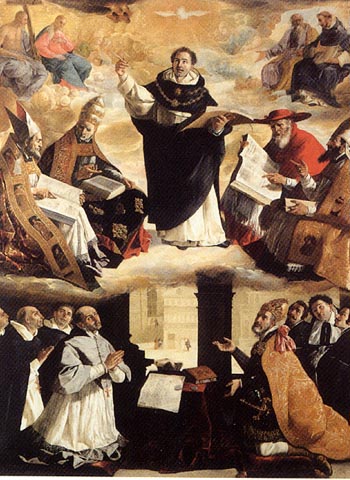News, Doctors' open letter against assisted suicide welcomed by SPUC Pro-Life
London, 24 August 2015: An open letter from almost 90 doctors against the Marris bill to legalise assisted suicide has been welcomed by SPUC Pro-Life www.spuc.org.uk a leading anti-euthanasia organisation.
The letter was published today by The Telegraph ("Pressure to end lives", 24 Aug 2015)
Paul Tully, general secretary of SPUC Pro-Life, commented: "The doctors oppose the bill out of concern for the vast majority of people who, despite their difficulties, do not want to end their lives prematurely. This is a very important statement, and we encourage people to draw their MPs’ attention to it in the run-up to the 11 September debate on the Marris bill."
The doctors, who include GPs and palliative care specialists working with people near the end of life, recognise the challenges that this area of medicine involves. They point, however, to the widespread problems that changing the law to accommodate the demands of 'right-to-die' advocates would bring.
Mr Tully continued: "We are also concerned that doctors who do not wish to help people commit suicide will have little scope to opt-out. The bill is based on Lord Falconer's bill of the same name, which includes wording based on the conscience clause in the Abortion Act. That clause has recently been interpreted by the Supreme Court as a very narrow exemption. In the case of assisted suicide, a doctor may be required to sign the declaration required before a patient is given a lethal dose, whether or not the doctor has a profound moral objections to assisting in suicide."
The doctors, who include GPs and palliative care specialists working with people near the end of life, recognise the challenges that this area of medicine involves. They point, however, to the widespread problems that changing the law to accommodate the demands of 'right-to-die' advocates would bring.
Mr Tully continued: "We are also concerned that doctors who do not wish to help people commit suicide will have little scope to opt-out. The bill is based on Lord Falconer's bill of the same name, which includes wording based on the conscience clause in the Abortion Act. That clause has recently been interpreted by the Supreme Court as a very narrow exemption. In the case of assisted suicide, a doctor may be required to sign the declaration required before a patient is given a lethal dose, whether or not the doctor has a profound moral objections to assisting in suicide."
For more detailed comments or an interview with Paul Tully, please contact Anthony Ozimic, SPUC's Media Manager, on:
- mobile 07939 177683
- direct dial landline 020 7820 3129
- email news@spuc.org.uk
- Twitter @spucprolife
To subscribe to SPUC's email information services, please visit www.spuc.org.uk/em-signup. The reliability of the news herein is dependent on that of the cited sources, which are paraphrased rather than quoted. Opinions expressed are not necessarily those of the society. © Society for the Protection of Unborn Children, 2015



